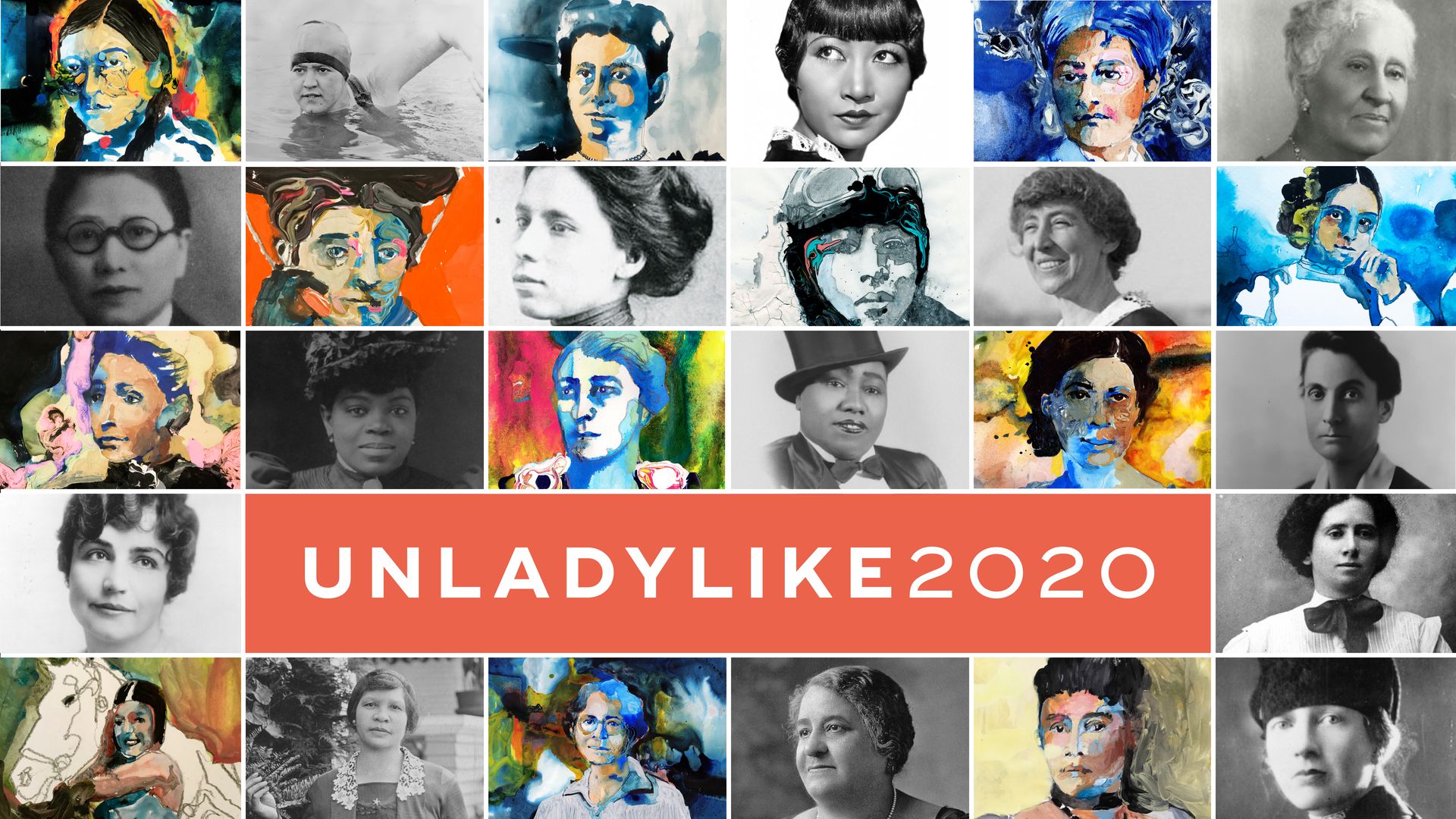Rose Schneiderman
Year: 2020
Country: USA
Director: Charlotte Mangin, Sandra Rattley
Genre: documentary
Runtime: 10 min.
Age: 12+
Country: USA
Director: Charlotte Mangin, Sandra Rattley
Genre: documentary
Runtime: 10 min.
Age: 12+
Pioneering Labor Organizer & Suffragist / 1882-1972
Rose Schneiderman was born on April 6, 1882, in Saven, Poland, to Jewish parents. To escape discrimination and find better economic opportunities, the family moved to New York when Schneiderman was about five years old, as part of one of the largest waves of immigration in U.S. history. She grew up in the tenements of the Lower East Side.
At 16 years old, Schneiderman took a job as a seamstress in a hat-making factory, a decision that would alter the course of her life. When a fire destroyed the factory, the employer forced Schneiderman and her fellow workers to buy new sewing machines out of their own paychecks. This, along with the dangerous and unjust working conditions of “sweatshop” factories at the turn of the 20th century, led Schneiderman to help form an all-women’s local chapter of a hat and cap makers’ labor union in 1903, and later join the newly-founded Socialist Party of America. Shortly thereafter she was elected to the union leadership and in 1905, she led a citywide nonviolent strike against pay inequality that resulted in raises for many women hat makers.
Schneiderman’s early union activism helped to build momentum for the 1909 Uprising of the 20,000, one of the largest strikes of women in American history. The 11-week strike resulted in most garment factories signing protocols to improve work conditions and safety standards. However, the Triangle Shirtwaist Factory did not implement higher safety standards, leading to one of the worst industrial accidents in U.S. history. The Triangle Shirtwaist Factory fire, which happened on March, 25 1911, killed 146 garment workers.
This tragedy reinforced for Schneiderman the importance of women not only having union representation, but also the vote. In 1911, she co-founded the Wage Earner’s League for Woman Suffrage. Through her women’s suffrage work Schneiderman gave many speeches, in one, saying, “What the woman who labors wants is the right to live, not simply exist. The worker must have bread, but she must have roses, too.” This rallying cry became one of the most indelible mottos of the American labor movement. Schneiderman’s activism and that of many others led to New York state granting women the right to vote in 1917. In recognition of her ongoing work with the Women’s Trade Union League (WTUL), Schneiderman became president of the New York branch in 1918, and its national president in 1926. She served in both positions, organizing women workers, until her retirement in 1949.
In addition to being an organizer and suffragist, Schneiderman was also an accomplished labor bureaucrat, working to improve the rights of workers through legislation. She was introduced into the world of labor policy through her friend Eleanor Roosevelt, a fellow member of the WTUL. This brought Schneiderman in contact with Franklin D. Roosevelt, who, after he was elected President of the United States, appointed her to his New Deal Labor Advisory Board during the Great Depression in 1933. As the only woman to sit on the committee, Schneiderman played an important role in shaping New Deal legislation, including laws for minimum wage, the eight-hour workday, and the right of workers to unionize.
Her other major political role was as New York State’s Secretary of Labor, a position she held from 1937 to 1944, advocating for equal pay for women and protections for domestic and service workers. After a lifetime of work fighting for the rights of women and workers, Schneiderman died on August 11, 1972 at age 90.

